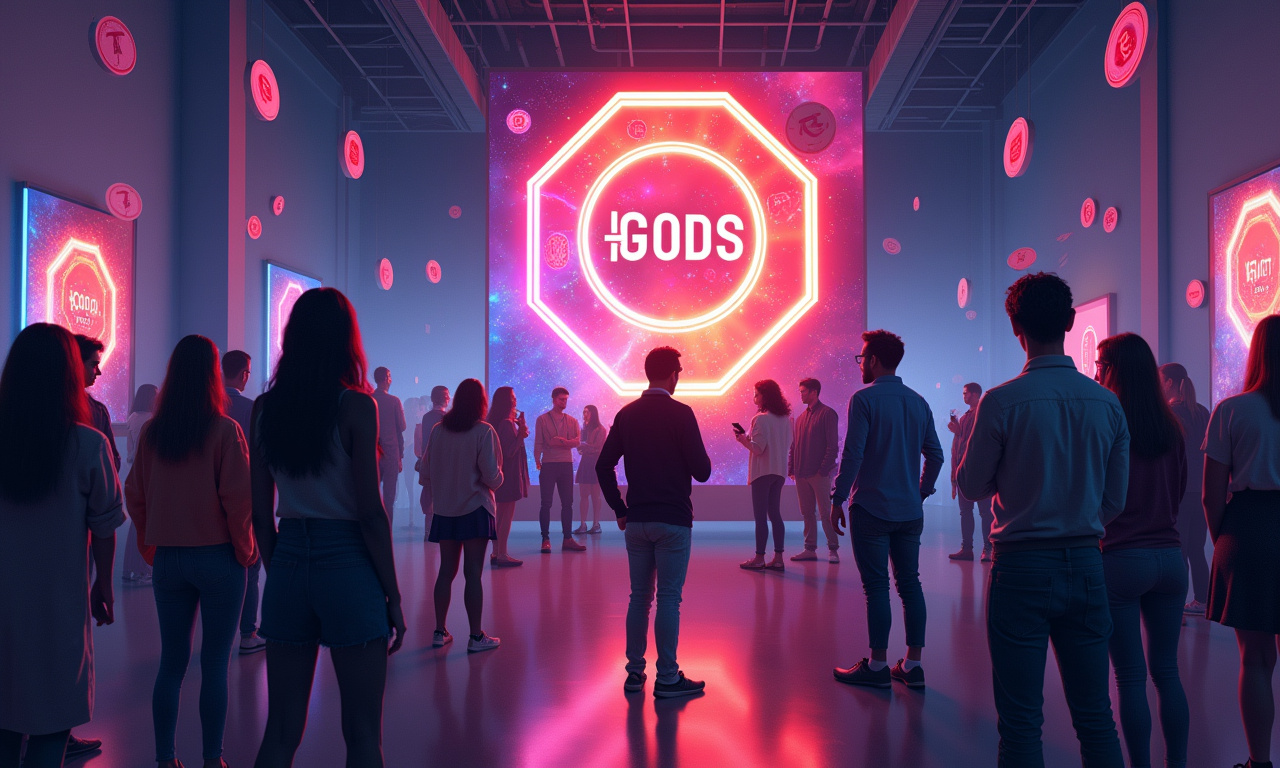"Free." That’s the siren song tempting users to Solana’s new Game Pass NFT, which offers early access to games and crypto rewards. So that “free” cruise you won is exciting until you realize it includes a $5,000 “port fee.” Okay, so is this Game Pass actually free, then? Let's dig deeper than the marketing hype.
Data Privacy: The Real Currency?
We all know nothing is truly free. In this digital, connected, algorithmic age, our data is the new gold. You joyfully mint your “free” Solana Game Pass through Magic Eden. Next, you jump into quests on GAM3S.GG where you can earn raffle tickets to win from a prize pool of over $10,000. And just like that, you’re deeply engaged in a dynamic ecosystem! What are you really giving up?
30 games are participating in Season 0. Whether you know it or not, to play you’re connecting wallets, circulating permissions, and letting them track your in-game actions. That data, all of it combined and sorted through, is what’s truly invaluable. Who has access to it? What are they doing with it? Does Solana plan to sell user data to third-party game developers or advertising companies? Are they allowed to? These are questions that need urgent answers.
Think about Facebook's Cambridge Analytica scandal. They were voluntarily using an invasion of personal space disguised as a “fun” personality quiz, and their data was weaponized to manipulate national elections. Are we about to repeat that mistake with Web3 gaming?
Security Holes: A Hacker's Paradise?
Web3 is still the Wild West. Although Solana is technically a layer-1 blockchain and SOL is the sixth most-valuable cryptocurrency by market capitalization, the holes are starting to show. You know, like those bazillion NFT scams and rug pulls. The “free” Solana Game Pass though innocuous enough, this move opens up another attack vector.
Now, picture a creative phishing scam that comes presented as a quest reward. Or an evil smart contract hidden in one of the interoperable games. Users eagerly line up to purchase raffle tickets for SOL tokens, NFTs, and more. In their excitement, they click away indiscriminately and mistakenly put their entire crypto wallet at risk.
- Are the participating games thoroughly vetted for security vulnerabilities?
- Does Solana or Magic Eden offer any recourse for users who fall victim to scams?
- What measures are in place to prevent Sybil attacks, where users create multiple accounts to increase their chances of winning?
These are tough but critical questions, and the absence of clear, conceived answers should be ringing alarm bells. As blockchain security analyst Sarah Jones warns, "The allure of 'free' often blinds users to the underlying risks. We need greater transparency and security audits in Web3 gaming." When it comes to your digital assets, it’s better to be safe than sorry.
Regulatory Scrutiny: The Looming Shadow?
It’s been a tough few months for crypto and it’s only getting worse. Governments are in a race to figure out how to regulate NFTs, crypto rewards and decentralized gaming. And rightfully so. A Solana Game Pass that offers "free" NFTs and crypto rewards in doing so, this might inadvertently attract the regulatory buzzsaw’s ire.
Or is the “free” Game Pass really “free” if the income they earn from it is then taxed at capital gains rate? How will Solana comply with KYC/AML regulations for reward distribution? Are the games that are partnered with you all legal to play in every jurisdiction in which you operate?
According to legal expert David Miller, "The legal landscape surrounding NFTs and crypto rewards is still evolving. Projects like the Solana Game Pass need to be proactive in ensuring compliance to avoid potential legal challenges down the road."
The absence of a bright line on these issues places users in an untenable position of uncertainty and risk. What if the Game Pass were found to be illegal in some jurisdictions? What happens when those rewards are suddenly frozen as a result of a regulatory enforcement action? It’s a roll of the dice, but you should know what you’re betting.
In conclusion: While the Solana Game Pass promises a "free" entry into the world of Web3 gaming, it's crucial to look beyond the marketing hype and consider the hidden costs. Data privacy, security risks, and regulatory scrutiny are just a few of the risks users should know.
Before you rush to mint your "free" NFT, ask yourself: is it worth the risk? For Solana and other Web3 projects, when working with lawmakers, transparency should mean protecting users first. Until they do, the promise of “free” will always end up having strings attached.




